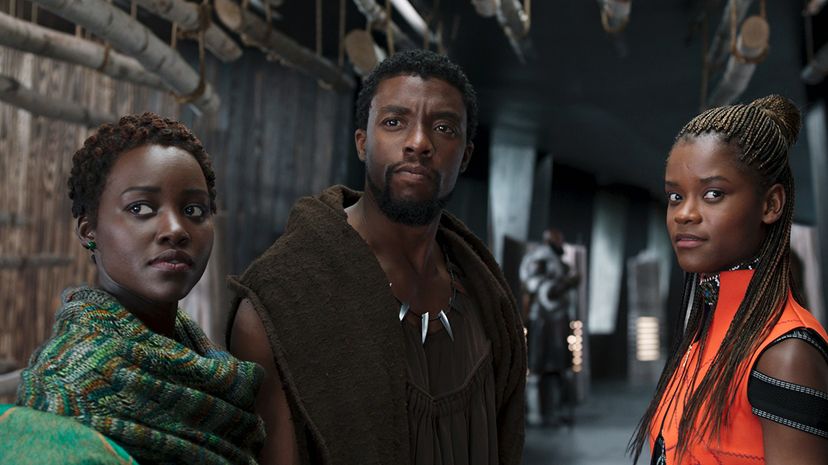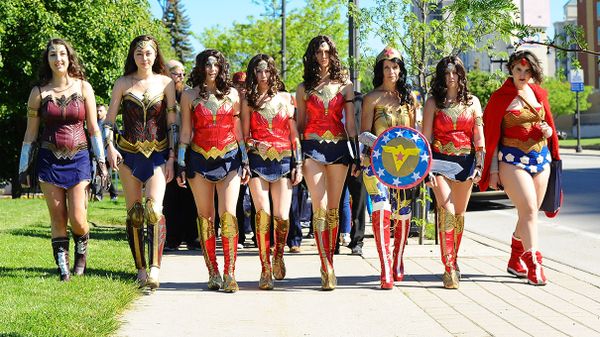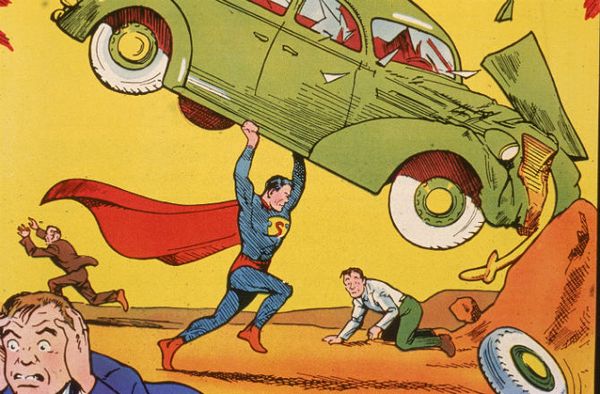
"Black Panther," a movie about a black superhero from Marvel comics, is a pop culture phenomenon. Even before its release, the much-anticipated movie is raking in the dough, selling more advance tickets through Fandango than any other superhero film to date. It's expected to earn $150 million during its North American opening over the four-day Presidents Day weekend. Critics are fawning over the film, praising its stunning images, its storyline and message, and its script.
And on top of all that, even the movie's haters are its motivators. In a display of petty vengeance (and, some speculate, a twinge of racism, considering the film's mostly black cast), a Facebook group called "Down With Disney's Treatment of Franchises and its Fanboys" created an event encouraging folks to flood the movie's Rotten Tomatoes ratings with negative reviews. Alas, the group fell on its own sword — Facebook deleted the event, and as of Feb. 8, the critics' score was holding steady at 99 percent.
Advertisement
OK, OK, you get it. "Black Panther" has got a seriously impressive resume. But the film's list of accomplishments doesn't explain why it's being discussed on social media, in critics' circles and IRL ad nauseam. "Black Panther" may be the first superhero blockbuster of the year, but it certainly won't be the last. So what's really the deal with all the hype?
Advertisement

